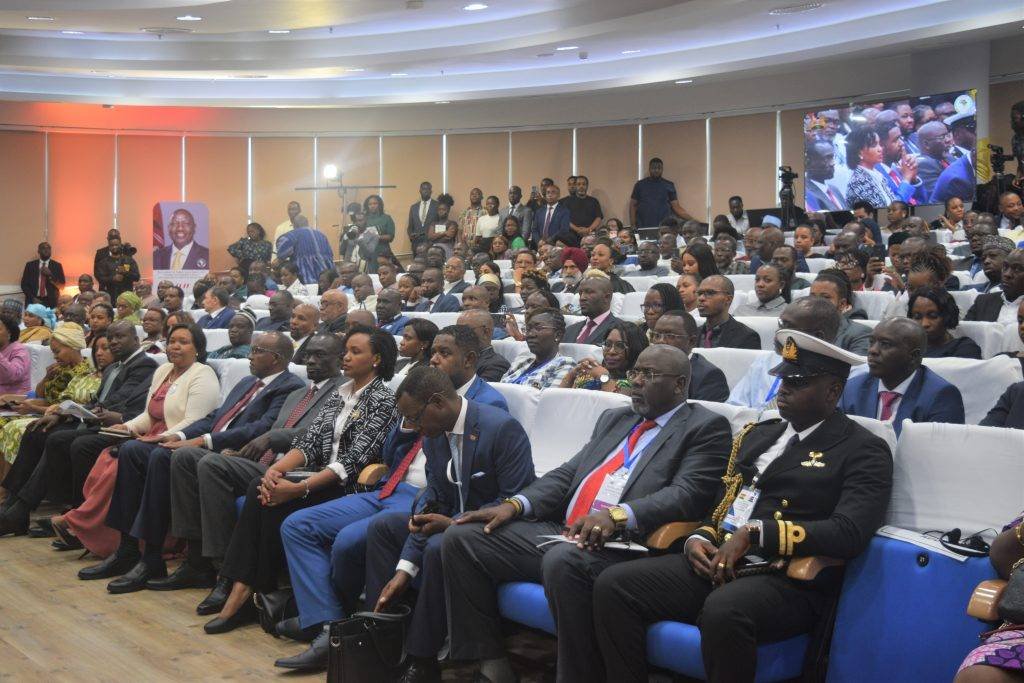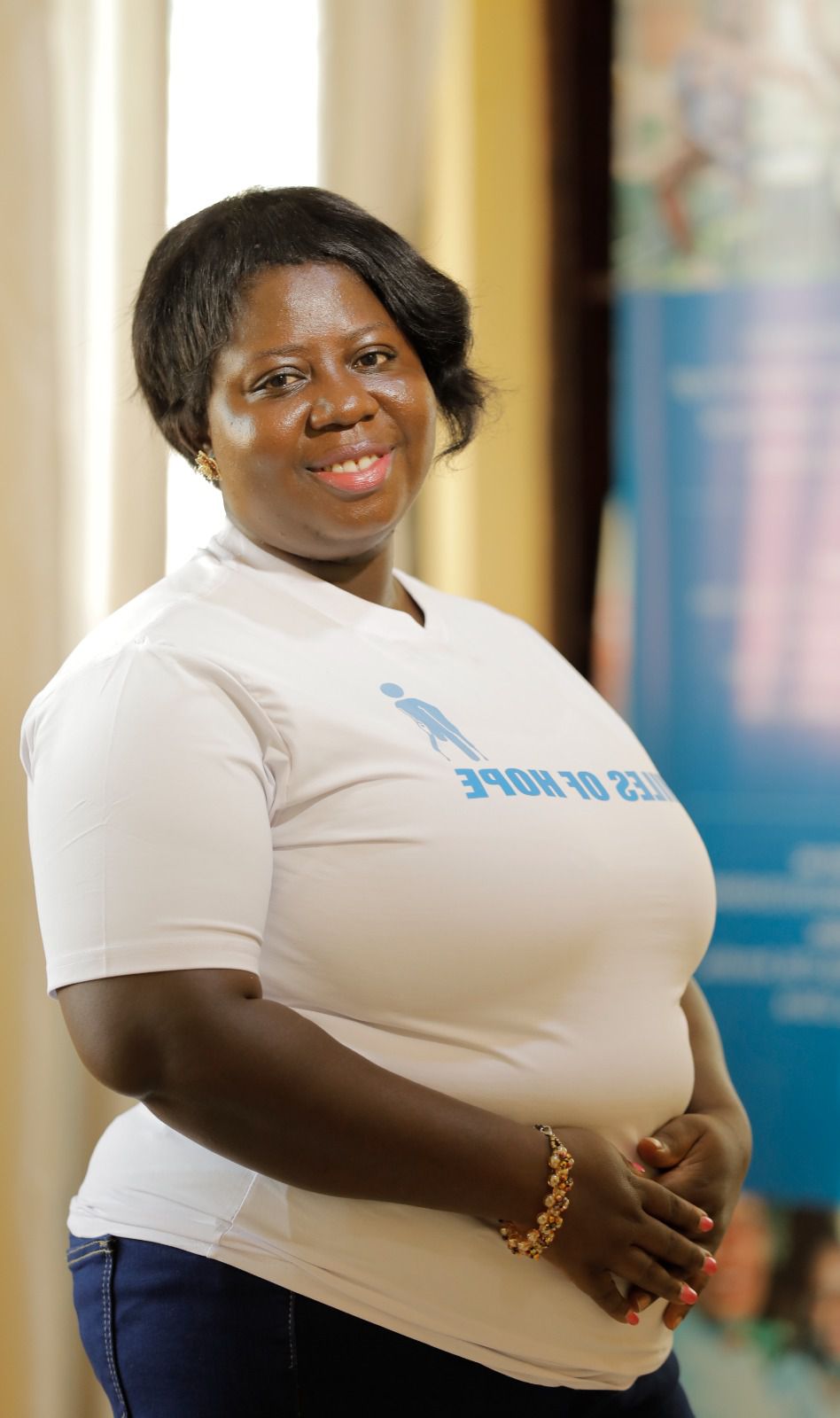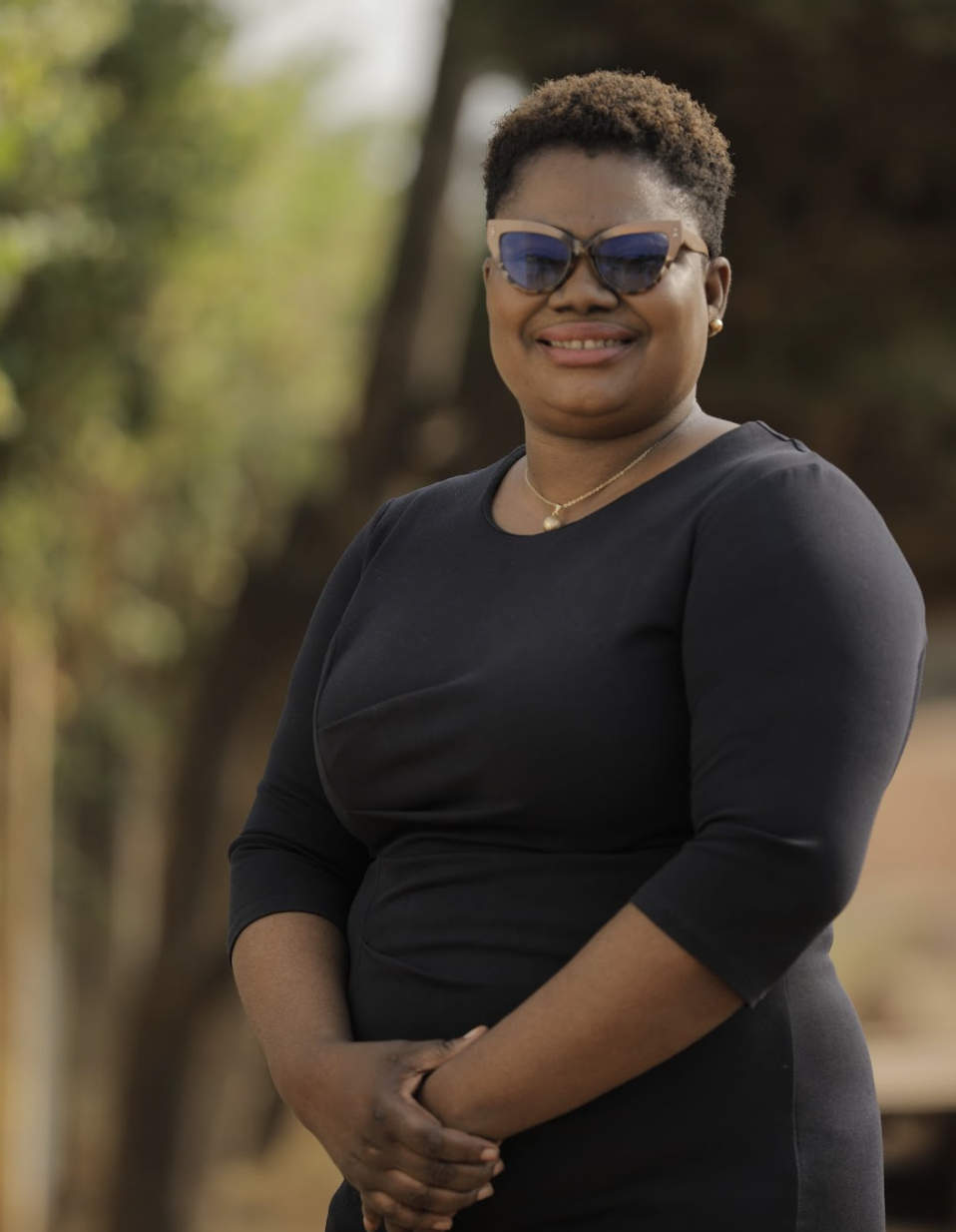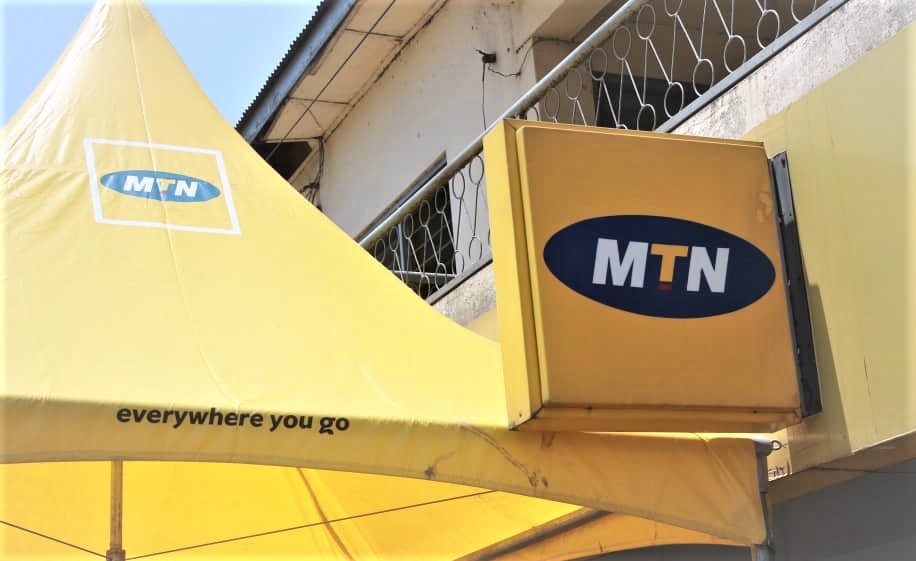
By Ramat Ebella WHAJAH
Gender equality in finance is not just a moral imperative but an economic necessity. In Ghana, despite significant strides in women’s empowerment, a persistent gender wealth gap continues to limit the potential of women entrepreneurs and business leaders.
Women remain disproportionately underserved by financial institutions, face barriers to credit access, and struggle to secure investment for their businesses. This article explores the challenges contributing to the gender wealth gap in Ghana’s financial sector and outlines actionable strategies for policymakers, investors, entrepreneurs, and advocates to close this disparity and foster inclusive economic growth.
Understanding the gender wealth gap
The gender wealth gap refers to the disparity in financial assets, income, and investment opportunities between men and women. Several factors contribute to this gap in Ghana:
- Limited access to capital: Women entrepreneurs receive significantly less funding from banks, venture capitalists, and investors than their male counterparts.
- Cultural and societal barriers: Traditional gender roles and norms often discourage women from pursuing entrepreneurship and financial independence.
- Lower financial literacy levels: Women, particularly in rural areas, often have limited access to financial education, affecting their ability to make informed investment decisions.
- Unequal property and asset ownership: Many financial institutions require collateral, such as land or property, for loans, yet fewer women own these assets due to legal and social constraints.
- Bias in investment and lending practices: There is often an unconscious bias in how financial institutions assess women-led businesses, resulting in fewer funding opportunities.
The role of Ghana’s financial sector in closing the gender wealth gap
Addressing these challenges requires targeted interventions from Ghana’s financial institutions, policymakers, and investors. Here are key areas where change is needed:
Gender-sensitive banking policies
Banks and financial institutions must adopt policies that actively promote financial inclusion for women. This includes:
- Offering gender-responsive financial products such as collateral-free loans, lower interest rates for women entrepreneurs, and flexible repayment terms.
- Establishing dedicated women-focused banking services and advisory programs.
- Increasing representation of women in decision-making roles within financial institutions to ensure that policies reflect women’s unique financial needs.
Expanding access to credit for women entrepreneurs
One of the biggest barriers to women’s financial success is access to credit. To address this:
- The government should work with banks to create guarantee funds that reduce risk for lending to women entrepreneurs.
- Microfinance institutions and fintech companies should develop innovative solutions, such as peer-to-peer lending, digital lending platforms, and mobile-based financial services tailored to women.
- Development banks and investment funds should allocate a percentage of their portfolios to women-owned businesses.
Gender-lens investing and impact investment
Investors have a crucial role to play in closing the gender wealth gap. Gender-lens investing, which involves considering gender-based factors in investment decisions, is gaining traction globally and should be encouraged in Ghana. Strategies include:
- Establishing dedicated funds that invest in women-owned and women-led businesses.
- Encouraging impact investment that prioritizes social returns alongside financial returns, particularly in sectors where women are dominant, such as agribusiness and retail.
- Providing mentorship and business support services alongside investment to help women entrepreneurs scale their businesses.
Policy and legal reforms to promote financial equity
The Ghanaian government must implement and enforce policies that promote gender equality in finance, including:
- Revising inheritance and property laws to ensure that women can own and use assets as collateral for loans.
- Strengthening affirmative action policies that mandate financial institutions to report on gender-disaggregated lending data.
- Encouraging public-private partnerships that support financial inclusion initiatives for women.
Financial literacy and business training for women
Empowering women with financial knowledge and skills is essential for bridging the wealth gap. This can be achieved through:
- Nationwide financial literacy campaigns targeting women in both urban and rural areas.
- Business training programs that equip women with skills in financial management, investment strategies, and entrepreneurial leadership.
- Collaborations between financial institutions, NGOs, and educational institutions to offer free or subsidized training programs.
Encouraging women’s participation in high-growth sectors
Women entrepreneurs in Ghana are often concentrated in traditional sectors such as retail and hospitality. Encouraging greater participation in high-growth industries like technology, manufacturing, and finance can help narrow the wealth gap. This requires:
- Providing targeted funding and incentives for women entrepreneurs in STEM and innovation-driven industries.
- Creating mentorship and apprenticeship programs that connect women with industry leaders.
- Ensuring equal access to government contracts and procurement opportunities for women-owned businesses.
The economic case for closing the gender wealth gap
Investing in women is not just about fairness—it makes economic sense. Studies have shown that closing the gender wealth gap can:
- Boost Ghana’s GDP: Increased financial inclusion for women can drive economic growth by unleashing untapped entrepreneurial potential.
- Enhance household and community well-being: Women reinvest up to 90percent of their earnings into their families and communities, leading to improved education, healthcare, and overall development.
- Strengthen the financial sector: Banks and investment firms that cater to women’s financial needs can expand their customer base and improve profitability.
Conclusion
Ghana’s financial sector has a unique opportunity to lead the way in closing the gender wealth gap by implementing gender-inclusive policies, expanding access to capital, and fostering a more equitable investment environment. This requires commitment from policymakers, financial institutions, investors, and entrepreneurs. By taking deliberate actions to accelerate financial inclusion for women, Ghana can build a more prosperous and equitable future for all. The time for talk is over—action is needed now to ensure that women have equal opportunities to thrive in the financial and business landscape.
Call to action
- For policymakers: Implement and enforce gender-responsive financial policies that promote equality.
- For investors: Prioritize gender-lens investing and allocate more capital to women-led businesses.
- For financial institutions: Develop inclusive financial products and remove barriers to credit access for women.
- For entrepreneurs and advocates: Continue pushing for systemic change and supporting women-owned businesses through mentorship, collaboration, and advocacy.
By working together, Ghana’s financial sector can take concrete steps to close the gender wealth gap and accelerate action towards a future where all women and girls have equal economic opportunities.
>>>the writer is Head, Accra Tema Zone, National Investment Bank with over a decade experience in Business Advisory, Sales, Customer Service, Branch Operations among others. She is the Founder of Girls with Purpose Foundation, a not-for-profit community passionate about mentoring young girls and the youth to find their purpose, standout and succeed. Connect with Ramat via LinkedIn: Ramat Ebella Whajah , Email: [email protected]
The post Beyond talk: What our financial sector must do to close the gender wealth gap appeared first on The Business & Financial Times.
Read Full Story














Facebook
Twitter
Pinterest
Instagram
Google+
YouTube
LinkedIn
RSS